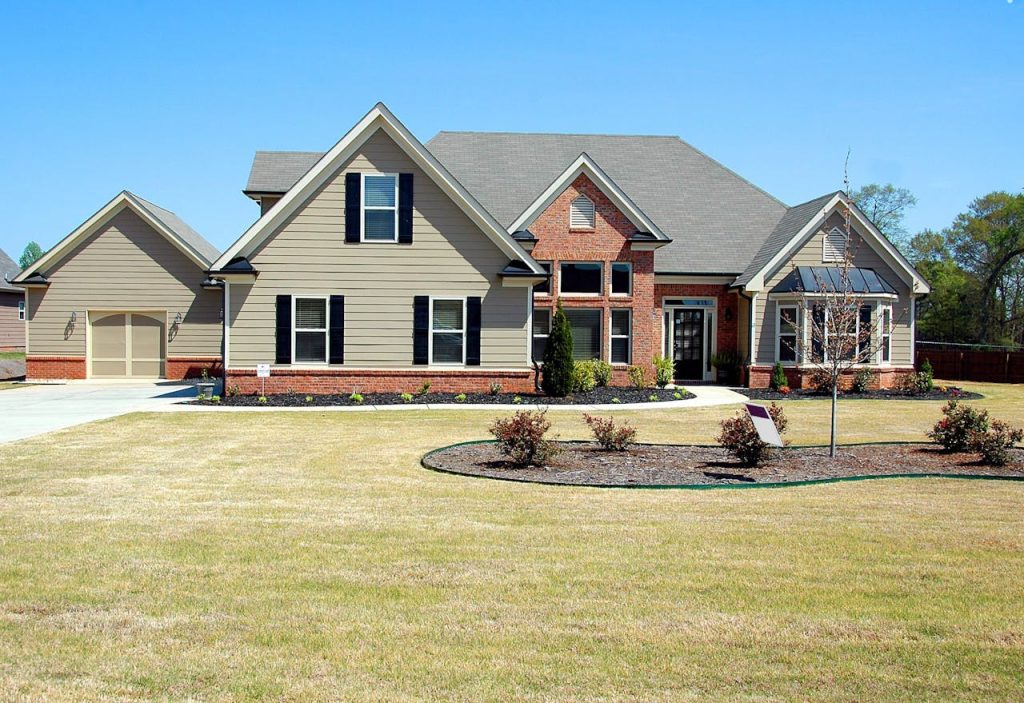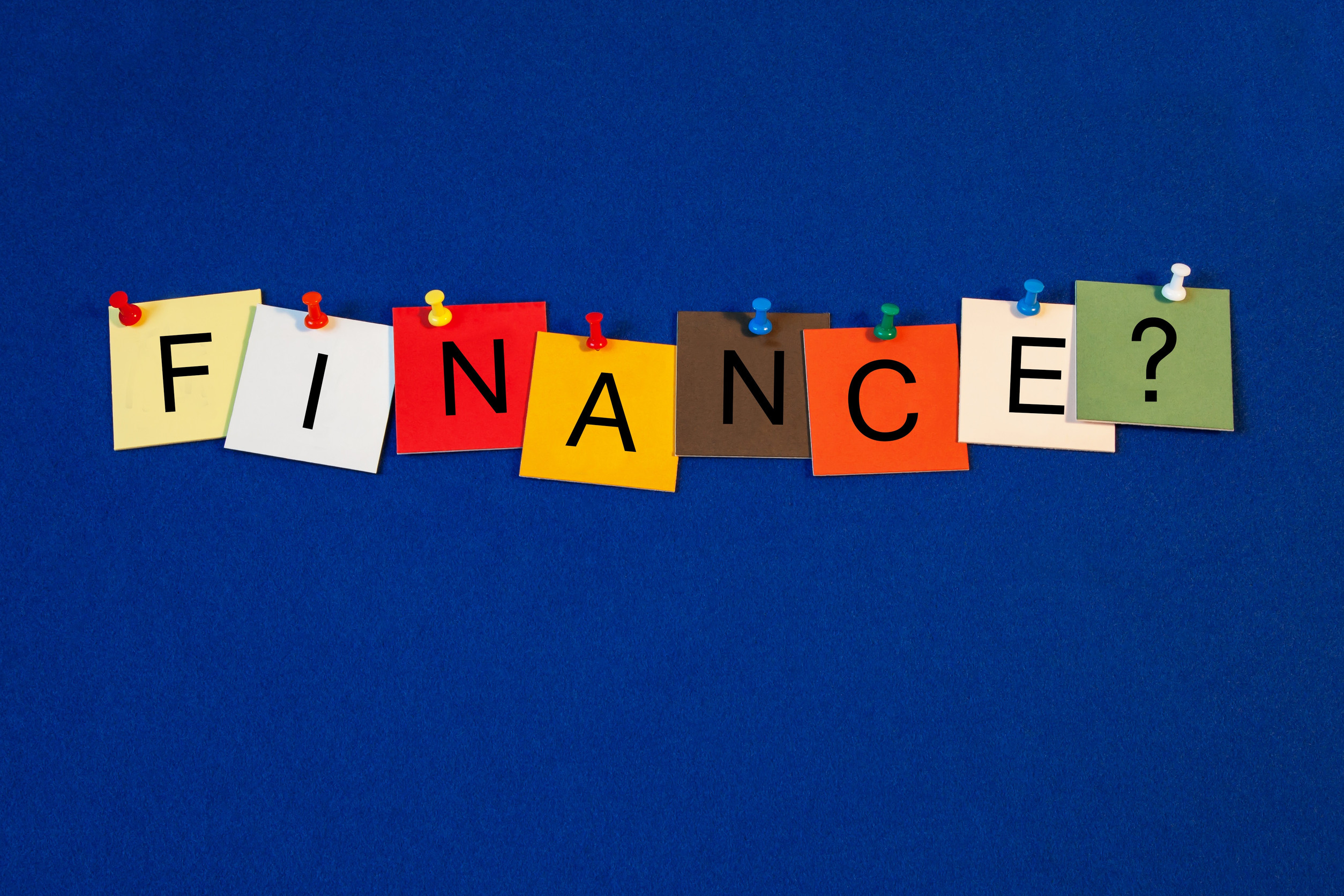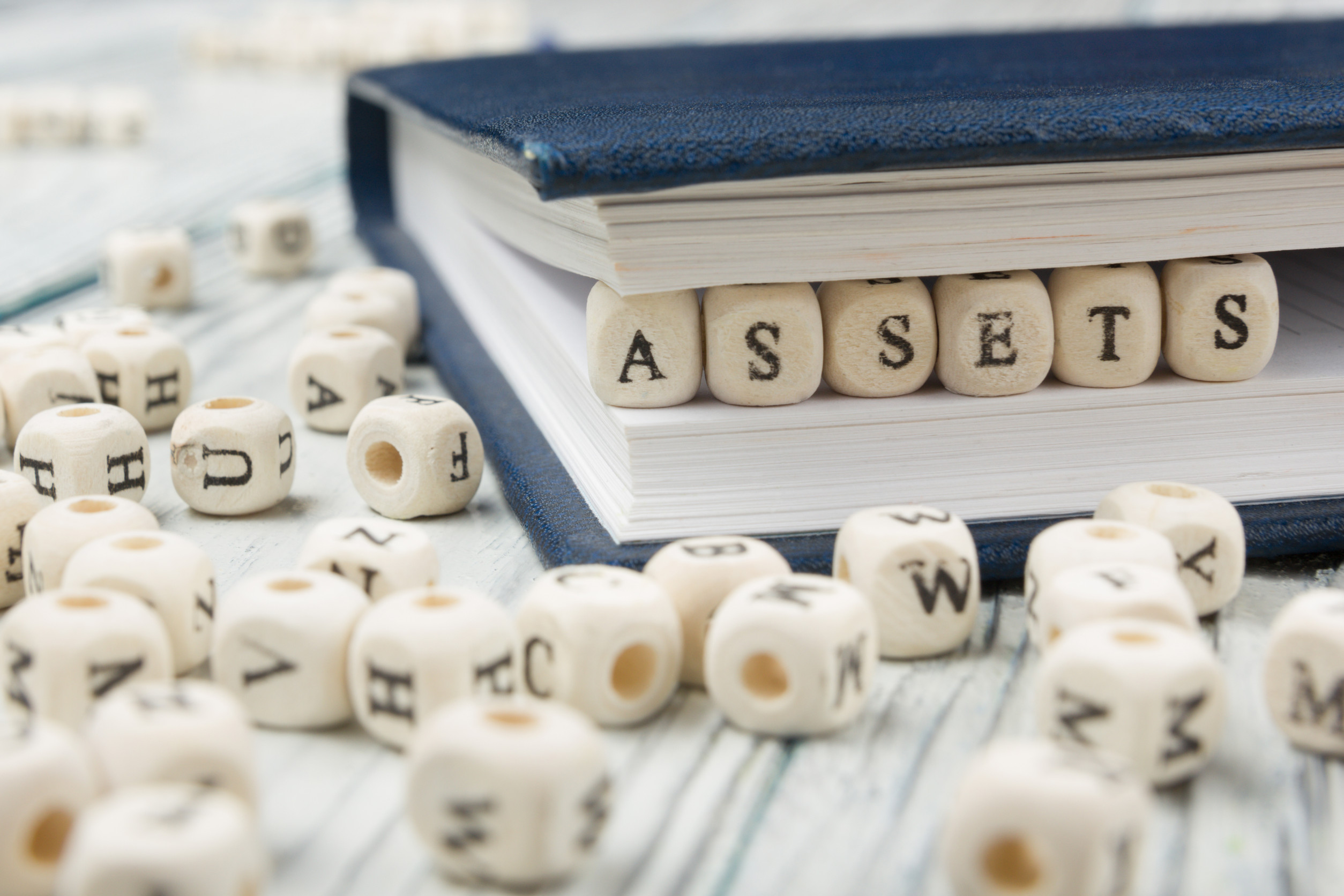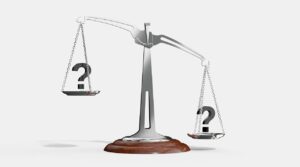
Image Source: pexels.com
Buying a house is the ultimate financial milestone for many people—a symbol of stability, success, and smart investing. But what if everything you’ve been told about your home being your greatest asset isn’t quite true? The idea that your house is an asset is so ingrained in our culture that questioning it feels almost rebellious. Yet, understanding your home’s real financial role can make a huge difference in your long-term wealth. If you’re counting on your house to fund your retirement or as your financial safety net, it’s time to look closer. Let’s break down why your house isn’t actually an asset in the way you might think—and what you can do to build true financial security.
1. Your House Doesn’t Generate Income
When you think about assets, you probably imagine things that put money in your pocket—stocks that pay dividends, rental properties that bring in monthly rent, or businesses that generate profits. Your primary residence, however, doesn’t do any of that. Instead, it costs you money every month in the form of mortgage payments, property taxes, insurance, and maintenance. True assets generate income, while your house is more like a liability that requires ongoing expenses. If you want your home to become a real asset, consider ways to make it generate income, such as renting out a room or converting part of it into an Airbnb.
2. Home Equity Is Locked Up
It’s easy to look at your home’s rising value and feel wealthier, but that equity is locked up until you sell or borrow against it. Unlike stocks or bonds, you can’t just cash out a portion of your home’s value when you need it. This illiquidity means your house doesn’t offer the same flexibility as other investments. If you’re banking on home equity for emergencies or retirement, you might find yourself in a tough spot if the market turns or if selling isn’t an option. To make your finances more flexible, focus on building liquid assets like savings accounts, brokerage accounts, or retirement funds.
3. Ongoing Costs Eat Into Returns
Owning a home comes with a long list of ongoing costs—property taxes, insurance, repairs, utilities, and sometimes HOA fees. These expenses can add up to thousands of dollars each year, quietly eroding any appreciation your home might gain. When you factor in these costs, the actual return on your home investment is often much lower than you’d expect. In fact, some studies show that the long-term return on residential real estate barely outpaces inflation after accounting for all expenses.
4. Market Fluctuations Can Hurt
The housing market isn’t immune to ups and downs. While home values generally rise over time, there are periods when prices stagnate or even fall. If you need to sell during a downturn, you could lose money or be forced to stay put longer than you’d like. Unlike more diversified investments, your home’s value is tied to local market conditions, which can be unpredictable. To protect yourself, avoid relying solely on your house for your net worth and diversify your investments across different asset classes.
5. Selling Isn’t Always Simple
Turning your house into cash isn’t as easy as selling a stock or withdrawing from a savings account. The process can take months, involve hefty transaction costs, and depend on finding the right buyer at the right time. Plus, if you’re selling to downsize or access equity, you’ll still need somewhere to live, often at a cost that eats into your proceeds. Planning ahead and understanding the true liquidity of your home can help you avoid surprises when you need access to cash.
6. Emotional Attachment Clouds Judgment
It’s easy to become emotionally attached to your home, seeing it as more than just a financial asset. This attachment can lead to decisions that aren’t in your best financial interest, like over-improving the property or refusing to sell when it makes sense. Recognizing the difference between your home as a place to live and as part of your financial plan is crucial. Try to approach decisions about your house with the same objectivity you’d use for any other investment.
7. What To Do Instead: Build Real Assets
If your house isn’t the asset you thought it was, what should you do? Focus on building real assets that generate income and offer liquidity. Invest in stocks, bonds, or real estate that you rent out. Grow your retirement accounts and keep an emergency fund. Use your home as a stable place to live, but don’t rely on it as your primary source of wealth. By shifting your mindset, you’ll create a more resilient financial future.
Rethink Your Financial Foundation
Understanding that your house isn’t actually an asset in the traditional sense can be a game-changer for your financial planning. By focusing on building true assets—those that generate income and offer flexibility—you’ll set yourself up for greater security and freedom. Your home can still be a wonderful place to live and a part of your net worth, but it shouldn’t be the cornerstone of your financial strategy. Start building a foundation that works for you, not just for your mortgage lender.
What’s your take? Has your view of your house as an asset changed over time? Share your thoughts in the comments below!
Read More
The Art and Science of Underwriting Multifamily Properties
7 Financial Tips for First-Time Home Renovators

Travis Campbell is a digital marketer/developer with over 10 years of experience and a writer for over 6 years. He holds a degree in E-commerce and likes to share life advice he’s learned over the years. Travis loves spending time on the golf course or at the gym when he’s not working.




